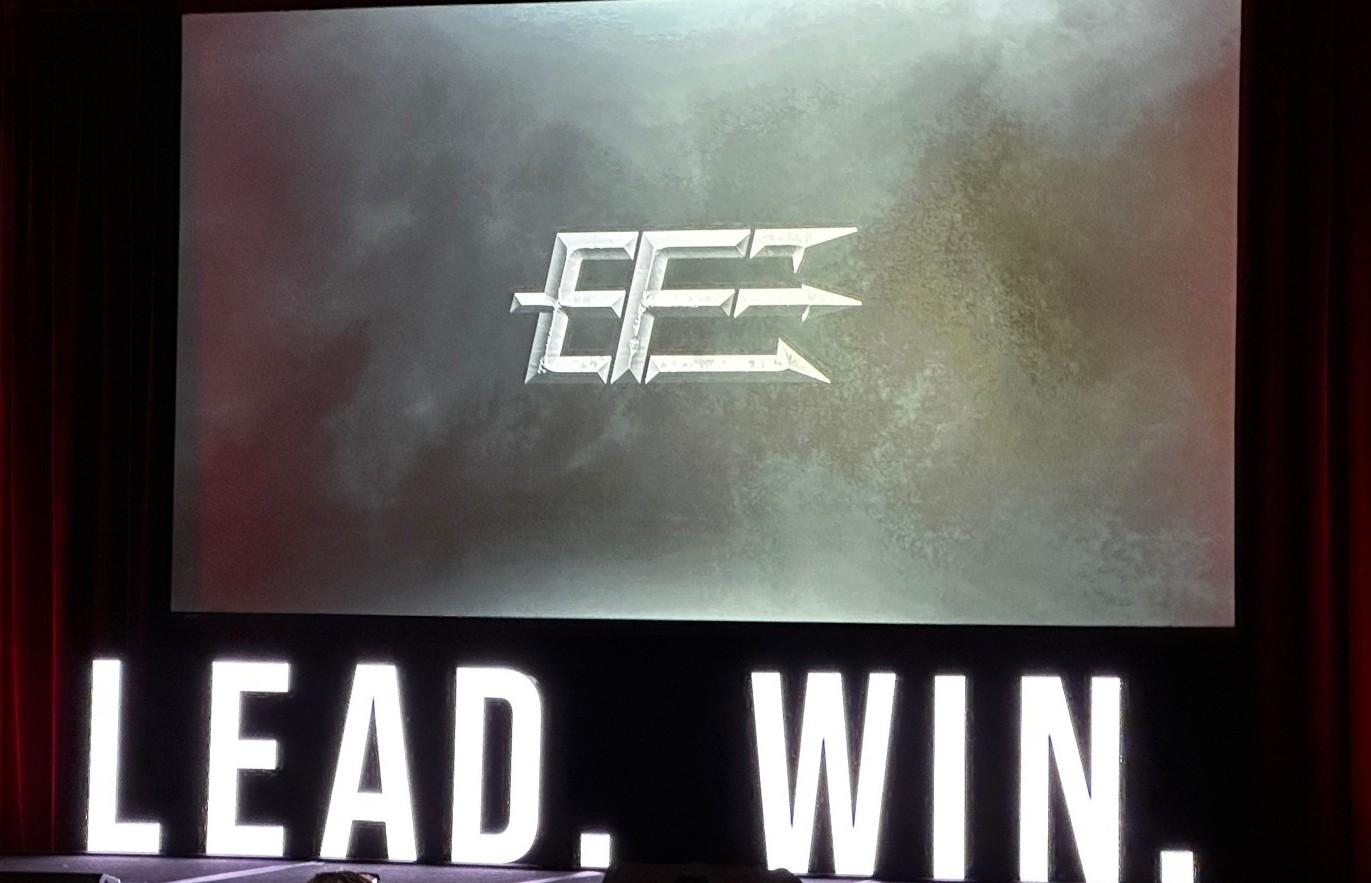Extreme Ownership – A Leadership Approach From Retired U.S. Navy Seals Jocko Willink and Leif Babin
If you’re like me, leadership principles and managerial best practices were not part of my college curriculum. I had to learn them from on-the-job training, through trial and error, and often by making mistakes and learning from them. The last five years of my career have been some of the most impactful and have provided the most opportunities for growth in my life. I transitioned into a leadership position in 2020 and while I thought I was a natural leader, I quickly found out that I had a lot to learn. Part of that learning was on the job training and part of it was investing in myself through reading, podcasts and conferences to learn as much as I could.

If you’re like me, leadership principles and managerial best practices were not part of my college curriculum. I had to learn them from on-the-job training, through trial and error, and often by making mistakes and learning from them. The last five years of my career have been some of the most impactful and have provided the most opportunities for growth in my life. I transitioned into a leadership position in 2020 and while I thought I was a natural leader, I quickly found out that I had a lot to learn. Part of that learning was on the job training and part of it was investing in myself through reading, podcasts and conferences to learn as much as I could.
A few years ago, my wife introduced me to the concept of Extreme Ownership. This concept comes from retired U.S. Navy Seals Jocko Willink and Leif Babin. These men took lessons that they learned on the battlefield in Iraq and summarized these principles into a book that could be applied to any leadership situation.
The concept was one that I was initially very resistant to. At the core, as the name suggests, it is about taking ownership, accountability, and full responsibility of your team’s performance. I will never forget coming home one night after an incident at work where I blamed another department for an issue that had come up. I was pretty upset with the department and when I told my wife what had happened, I was even more upset when she said “Well, what role did you play in that happening?” In my mind, she didn’t understand, and it was clearly all that other department’s fault. But the reality is, it was mine. I didn’t communicate clearly, I didn’t follow-up when it wasn’t returned, and I didn’t set a clear expectation. I had to own it, but I wasn’t ready to do that until I read this book.
The book has made a huge impact on me, and I recently had the chance to attend the Extreme Ownership Muster Conference in San Antonio, Texas earlier this spring. These principles are simple, but by no means are they easy to implement. But if you are able to embrace them, it will make all the difference.
Extreme ownership is all about looking at yourself before pointing the finger at others. When mistakes happen, and they ultimately will, those mistakes are the leader’s responsibility. As Jocko says, “There is no one else to blame.” As leaders, it is also important that we check our egos. Whether we want to admit it or not, we all have them, and it can be one of the biggest factors that affects our team’s path forward. We must act with humility and when we take ownership rather than passing the blame, it builds trust and respect with our teams.
Extreme Ownership teaches about four laws of combat or leadership: 1. Cover and Move, 2. Simple, 3. Prioritize and Execute, and 4. Decentralized Command. Cover and move are simply teamwork. There is no room for silos and working together is critical for success. Simple is all about having clear, concise and easy to understand information. Complexity only makes things harder to understand and if your team doesn’t understand, they can’t carry out the mission. Prioritize and execute is all about detaching from situations. I’m not sure if you can relate to this, but I can quickly become overwhelmed if I try to tackle everything at once. It’s important to separate what is most important and complete those items first. Jocko encourages you to “Relax, look around, make a call.” Decentralized command is empowering your teams to lead. My department has 29 full-time employees, and it would not be effective for me to directly manage and lead each one of them. By breaking our team down into smaller teams and allowing others to lead, we can have a greater impact.
Two other principles from the book that I found impactful are the concepts of “no bad teams, only bad leaders” and “believe.” When it comes to a team, the leader has a huge impact on the success of that team. If they are negative or don’t believe in the mission, then the team will also have the same mindset. Belief in what an organization is doing and the why behind it is critical to buy in. We have all heard someone say that we should do something because they said so, and in those cases, the team does not believe and will not want to carry out the task at hand.
The extreme ownership principles have had a huge impact on my leadership journey and style. I highly recommend the book, especially if it’s something that you feel resistant to. I was right there with you, but the stories they share and the impact these principles had for them really changed my mind set and has impacted me in a positive way.
“Extreme Ownership. Leaders must own everything in their world. There is no one else to blame.” - Jocko Willink
